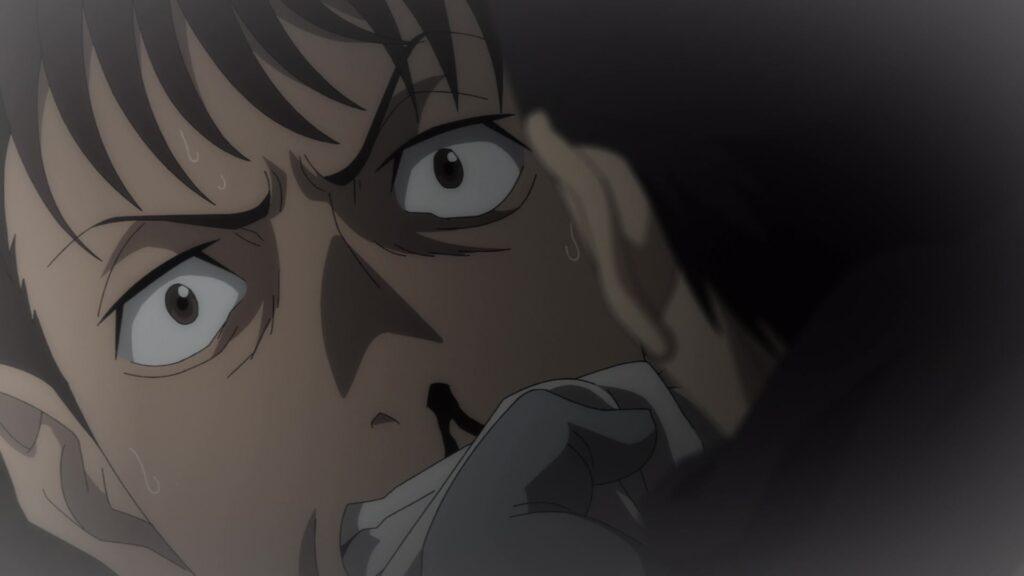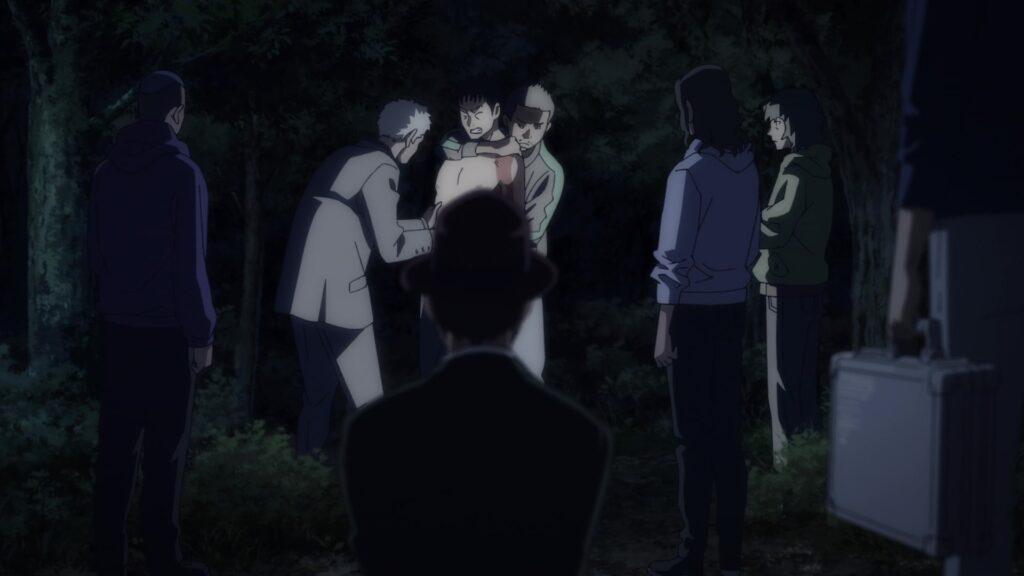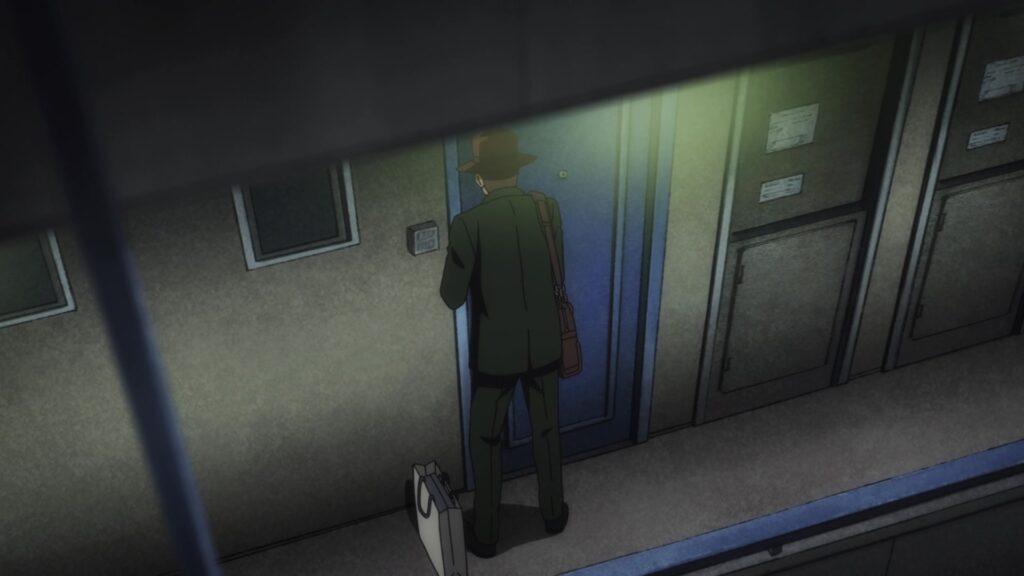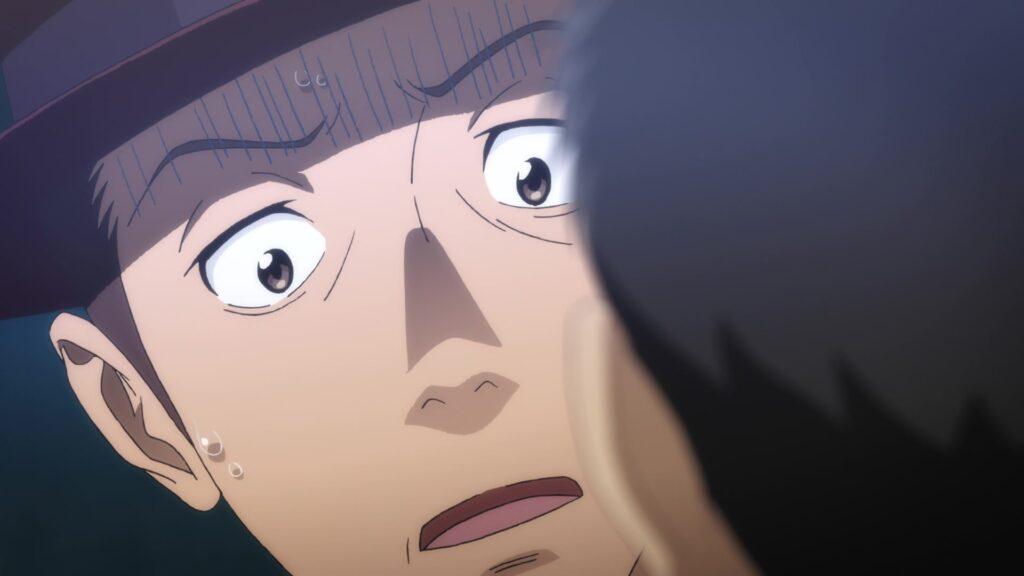The distinction between good and evil is smeared the moment Tetsuo Tosu kills his daughter’s abusive suitor in My Home Hero. What started as a crime of passion turns into a whirlpool of moral concessions, lies, and schemes that leave viewers questioning if they need to pose one question: Is Tetsuo a hero… or just a criminal?
This dark psychological thriller does not offer simple answers. Instead, My Home Hero challenges us with the ambiguity between crime and justice, especially when survival and protection are set against morality and law.

A Father’s Desperation: The Root of the Crime
Tetsuo is no detective or soldier; he is an ordinary salaryman who enjoys reading mystery novels and loves his family. Everything is fine, however, until he learns that his daughter Reika, in college now, is in a physically abusive relationship. And worse still, the aggressor happens to be involved with the yakuza, making him both lethal and illegal by common standards.
In that state of desperation and rage, Tetsuo makes a decision that will change his life forever. He kills the man—not for revenge, but to protect his daughter from injury that the law cannot (or will not) prevent. It’s a crime, of course. It’s planned. But is it unjust?
It’s not about the killing. It’s about why he did it—a system that failed his daughter, and a father’s primal urge to protect her at all costs. The killing is horrific, but it’s motivated by fear and love. That contradiction is the emotional hub of the entire series.

The Slow Collapse of Morality
After the killing, Tetsuo doesn’t dissolve—he gets frozen. He covers up the murder, plays games of cat-and-mouse with the police, lies to his daughter, and gets into a battle of wits game of cat-and-mouse with career thieves. At first, clearly, he’s simply trying to stay one step ahead, but as time goes by, he gets more and more wrapped up in his own web of deception.
What’s intriguing is the way My Home Hero slowly transforms Tetsuo from a familiar, scared father into someone who’s clearly compromised. He dislikes the dishonesty, but he becomes proficient at it. Too proficient. The more he lies, the more the line between self-defense and self-preservation seems to dissolve.
This plot twist leaves us asking: is he still doing this for Reika, or is he only doing this now in order to save himself? Is this not so heroic of him—or perhaps more human?
Not like other anime, where good and bad are absolutes, My Home Hero welcomes the gray zone. Tetsuo is no hero of justice. He’s a man making choices in an imperfect world, attempting to cause as little harm as possible while carrying out impossibly destructive deeds. His descent into moral ambiguity is not only fascinating—it’s unsettlingly recognizable.

When the System Falters, Who Delivers Justice?
The broader premise of My Home Hero is this: what are we to do when the authorities we trust—police, schools, judges—can no longer safeguard people we care for?
Tetsuo didn’t act because he wanted to. He acted because he didn’t have a choice. The legal system couldn’t touch a yakuza-connected abuser. The police couldn’t do anything. And in that absence, Tetsuo took matters into his own hands—not by law, but by his own moral code.
This is why his behavior is so complicated. He did not kill to punish. He killed to protect. And he still had to lie, cheat, and deceive to navigate the aftermath. And this makes him both a protector and a criminal. A good father and a killer.
The anime does not justify what he does—but it makes us look. It holds up a mirror and asks, what would you do if the law couldn’t save your child? Would you still play by the rules, or would you become something worse?
Final Thoughts: The Price of Doing What You Feel is Right
My Home Hero doesn’t give you a simple answer, and that’s on purpose. Tetsuo Tosu is a man you fear and respect, a father who will do whatever it takes to protect his daughter—even give his life in the process.
Is he a criminal? Absolutely. Is he a hero? Maybe. That’s the show’s hauntingly beautiful aspect—it leaves you questioning your own moral compass long after the credits roll.
Amidst a universe of unapologetic heroes and villains, My Home Hero teaches us that real life—and real love—is most often found in the gray.



